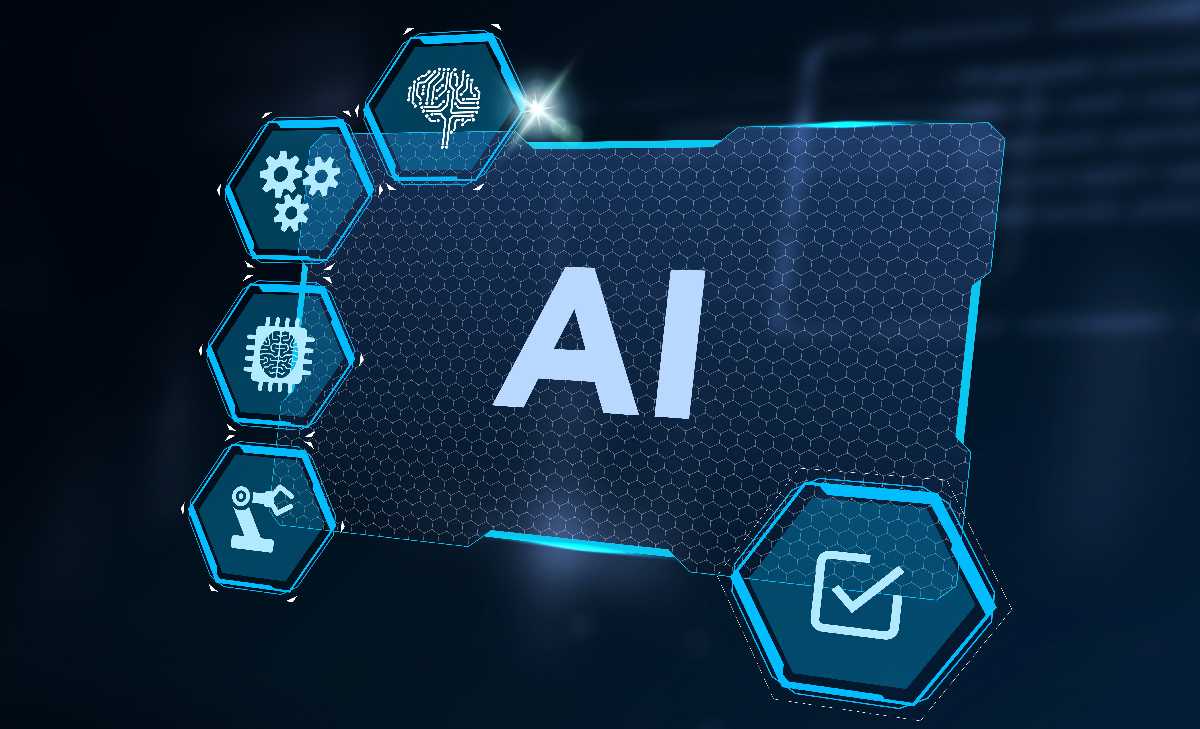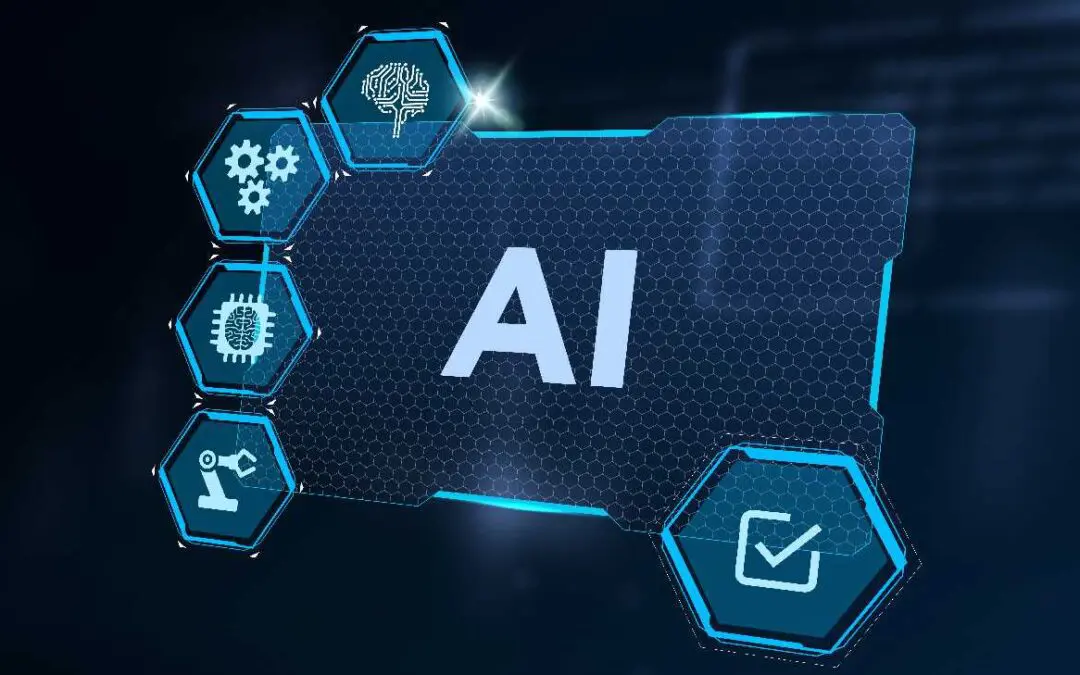AI and Voice Simulation


One of the primary applications of voice simulation with AI is in the creation of virtual assistants, such as Siri or Alexa. These assistants use synthetic voices that are designed to sound like real people, making it easier for users to interact with them. With advances in AI, these synthetic voices have become increasingly sophisticated, and can now mimic human intonation and expressiveness.
Another application of voice simulation with AI is in the creation of personalized voice assistants. By analyzing a user’s voice and speech patterns, AI algorithms can create a synthetic voice that sounds like the user. This technology has the potential to improve the accessibility of digital tools for people with speech impairments or disabilities, allowing them to communicate more easily with machines.
Voice simulation with AI also has potential applications in the entertainment industry. For example, synthetic voices could be used to create virtual actors or characters in movies or video games. These characters could be designed to have unique voices that are not possible with traditional voice actors, opening up new creative possibilities.
In the healthcare industry, voice simulation with AI could be used to create personalized voice assistants for patients with chronic conditions. These assistants could provide patients with reminders to take medication or perform exercises, and could also provide emotional support by using a synthetic voice that is designed to sound like a trusted friend or family member.
 Despite its potential benefits, there are also concerns around the use of voice simulation with AI. For example, some worry that synthetic voices could be used to manipulate or deceive people. Additionally, there are concerns around the privacy implications of using AI to analyze people’s speech patterns. Additionally, there are other potential dangers associated with the use of AI in voice simulation:
Despite its potential benefits, there are also concerns around the use of voice simulation with AI. For example, some worry that synthetic voices could be used to manipulate or deceive people. Additionally, there are concerns around the privacy implications of using AI to analyze people’s speech patterns. Additionally, there are other potential dangers associated with the use of AI in voice simulation:
- Misleading or deceptive content: AI-generated voices could be used to produce fake news, disinformation, or other types of misleading content. As AI-generated voices become more convincing, it may become increasingly difficult to distinguish between real and fake audio.
- Privacy concerns: AI voice simulation technology relies on collecting and analyzing vast amounts of voice data from individuals. This data could potentially be misused, either by the companies that collect it or by hackers who gain access to it.
- Inappropriate or harmful content: If AI voice simulation technology falls into the wrong hands, it could be used to produce inappropriate or harmful content, such as blackmail or threats.
- Ethical concerns: As AI-generated voices become more realistic, there is a risk that they could be used to impersonate real people, potentially leading to identity theft or other types of fraud. There are also concerns about the potential use of AI-generated voices to manipulate people’s emotions or behavior.
- Unintended consequences: The use of AI in voice simulation could have unintended consequences that are difficult to predict. For example, if AI-generated voices become widely used in customer service, this could lead to widespread job losses among human customer service representatives.
Overall, while AI voice simulation technology has enormous potential, it is important to carefully consider the potential risks and take steps to mitigate them. This may include developing ethical guidelines for the use of AI-generated voices, implementing strong privacy protections, and investing in research to better understand the potential risks and benefits of this emerging technology. Opportunities exist in fields such as healthcare, entertainment, and education. While there are concerns around its use, these should be thoughtfully addressed through regulation and ethical considerations. As the technology continues to evolve, we can expect to see more innovative applications of voice simulation with AI in the future.

